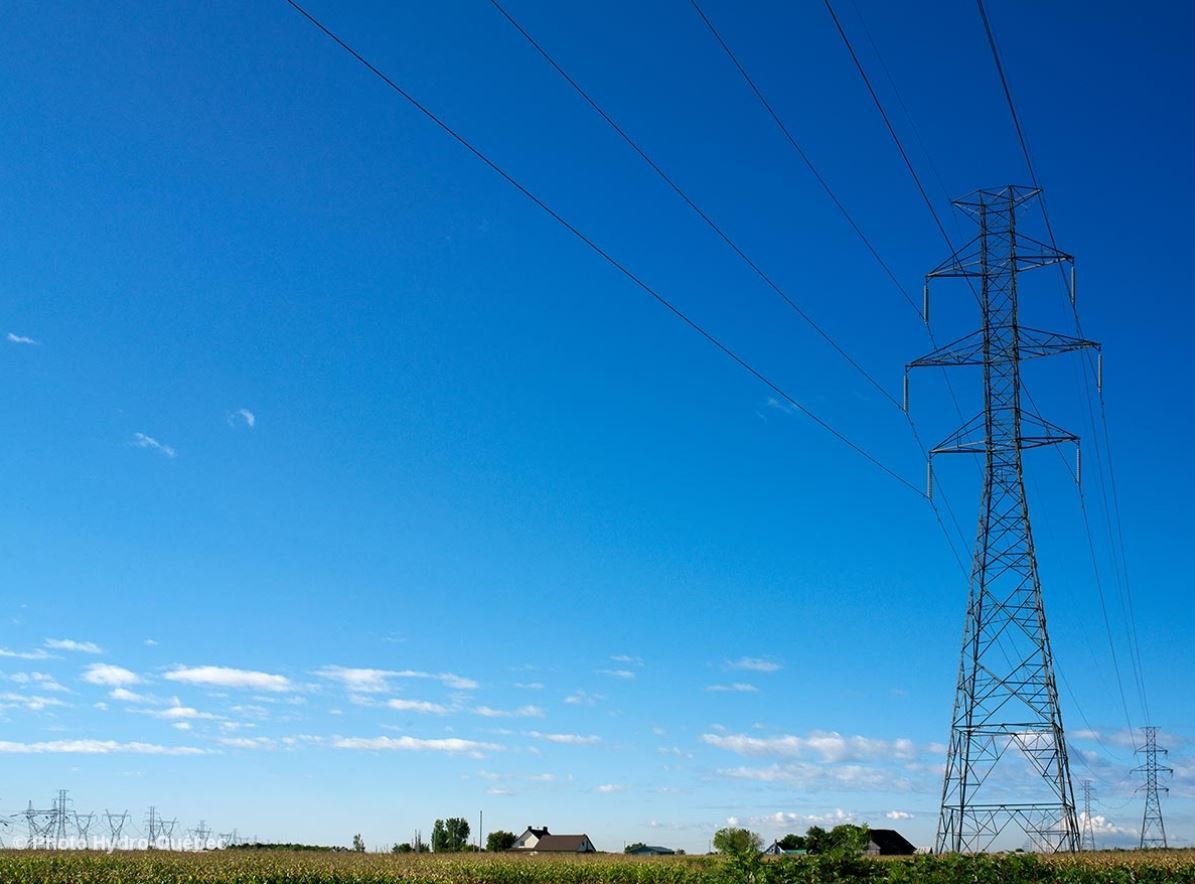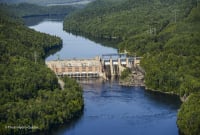Support strong Canadian climate journalism for 2025
Hearings have started on the massive Bill 69, Quebec’s proposed legislation which aims to set up a legal framework to support the province’s energy transition. Many of the bill’s issues involve local governance, including providing more power for Hydro-Québec and setting up a process to create and update a 25-year integrated energy plan. However, the legislation’s underlying challenges will be faced by all provinces as Canada decarbonizes, raising its significance for all Canadians.
Bill 69 aims to support the strong emissions-reduction drive coming from the top of federal and provincial regulations, as well as the bottom, as citizens and industries reduce their environmental footprint by replacing their use of fossil fuels with clean electricity.
The hearings come on the heels of the unexpected resignation of Pierre Fitzgibbon, Québec's superminister in charge of economy, energy and innovation. For two years, Fitzgibbon made electricity Québec's core strategy to support economic development, offering large quantities of cheap, and often subsidized, green electricity to energy-intensive industries.
That strategy rapidly ate through Hydro-Québec power reserves and precipitated a public confrontation with then Hydro-Québec CEO Sophie Brochu, who abandoned her post early. Brochu balked at being asked to deliver the requested "dollar-store" approach: offering the remaining low-price electricity to industrial consumers, instead of supporting the electrification of existing residential, commercial and industrial clients currently using fossil fuels.
Last November, to secure supply to support the increased electrification of the province, Hydro-Quebec’s new CEO, Michael Sabia, presented a plan to upgrade the power utility’s transport and distribution network, and add new supply, mostly from wind and the optimization of current hydro plants. This will not come cheap; HQ estimates that it will cost up to $185 billion in the coming 12 years just to support Québec's climate goals. Bill 69 aims to support this plan by demonstrating a better vision of the challenges ahead, while giving Hydro-Québec more leeway to develop its infrastructure.
The central piece of the bill is the introduction of an integrated resource plan (IRP) to evaluate energy needs and plan sufficient supply to meet them. However, contrary to other provinces that already use this tool, the minister, not the electric utility, would be responsible for producing the 25-year plan. While much needed, the current proposal has a few weaknesses.
Bill 69 imposes an IRP that is very focused on the current regulated energy system, electricity and natural gas. Yet, the energy transition will affect all energy sources and services. For example, electric vehicles will lead to a drop in demand for gasoline, affecting the number of gas stations, as well as potentially refineries and their ecosystem. An IRP should help provide a general understanding of what could happen to the full energy system.
To support Hydro-Québec’s plan for the massive deployment of new infrastructure, Bill 69 eliminates the requirement for tender when acquiring new production capability. This would allow HQ to choose its partners, for example, allowing direct and easier exchanges with local communities and First Nations. With this clause, HQ should be able to lower costs, which are currently 20 to 30 per cent more expensive than in Alberta, for example.
This approach has already allowed Hydro-Québec to sign an agreement with First Nations to build a 2000 MW wind farm, in a deal that sets a national precedent that cannot be ignored by the rest of Canada.
Despite Premier François Legault's repeated statement that the annual increase of residential electric rates will never rise above three per cent, the investments announced by HQ will increase the utility’s costs. Nevertheless, to support the premier's promises, Bill 69 introduces a new fund that would cover the difference between the allocated rate increase and the three per cent cap for residential consumers, essentially subsidizing the use of electricity with taxpayer money. Such a proposal is, of course, fiscally untenable, as it would reverse the money flow from Hydro-Quebec, moving it from revenue stream to the expenses column at a moment when Quebec faces a large deficit.
Such subsidies hide the benefits of the energy transition, which aims to decarbonize through a more productive use of energy. Moving from gasoline to electricity for powering cars, for example, significantly reduces the amount of energy needed per kilometre, and fueling with electricity will remain cheaper than with gasoline. As electric technologies take over, prices should continue to drop, softening, in parallel, the net cost of the transition.
Hearings will undoubtedly bring other points of view and angles to the debate over Bill 69 and Québec's energy transition plan. Other provinces should keep an eye on these debates, as they will soon be happening, in one form or another, across the country.
Normand Mousseau is professor of physics at the Université de Montréal, scientific director of the Institut de l'énergie Trottier at Polytechnique Montréal, and co-founder and transition principal of the Transition Accelerator. He is also a founding board member of the Canadian Climate Institute.






Comments